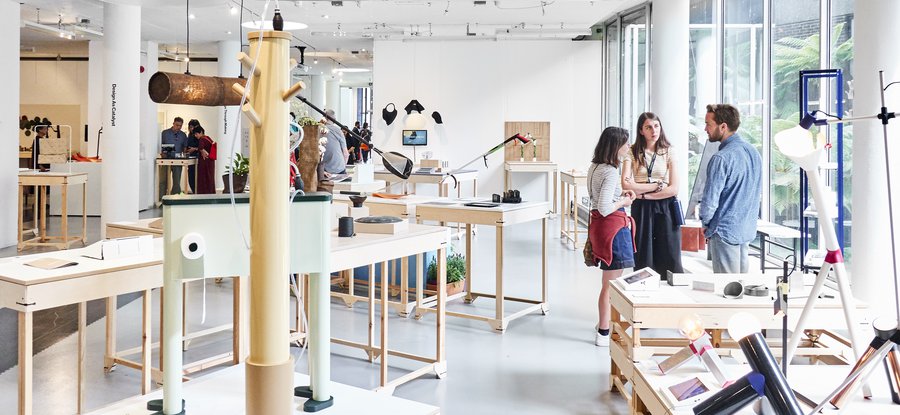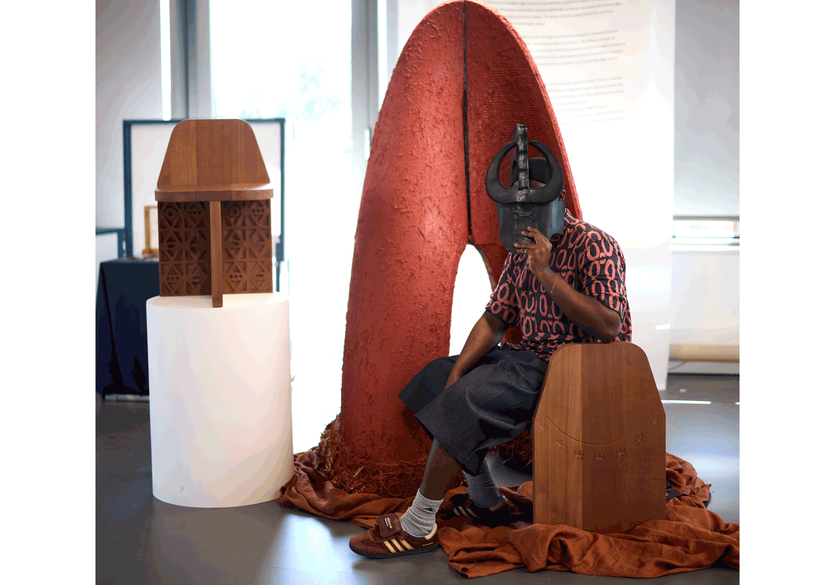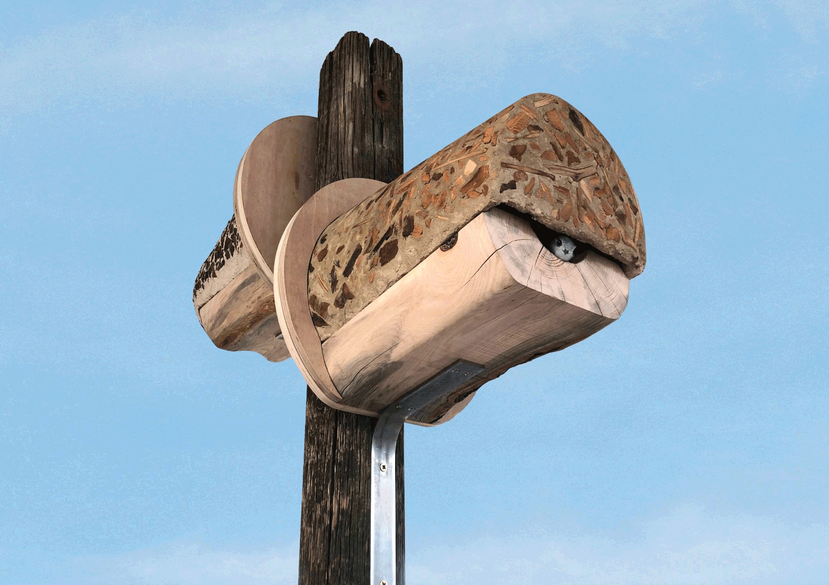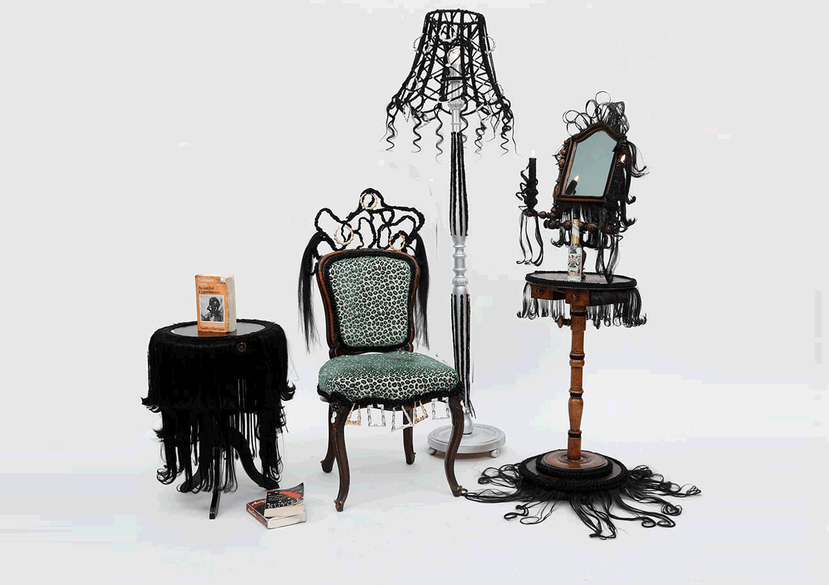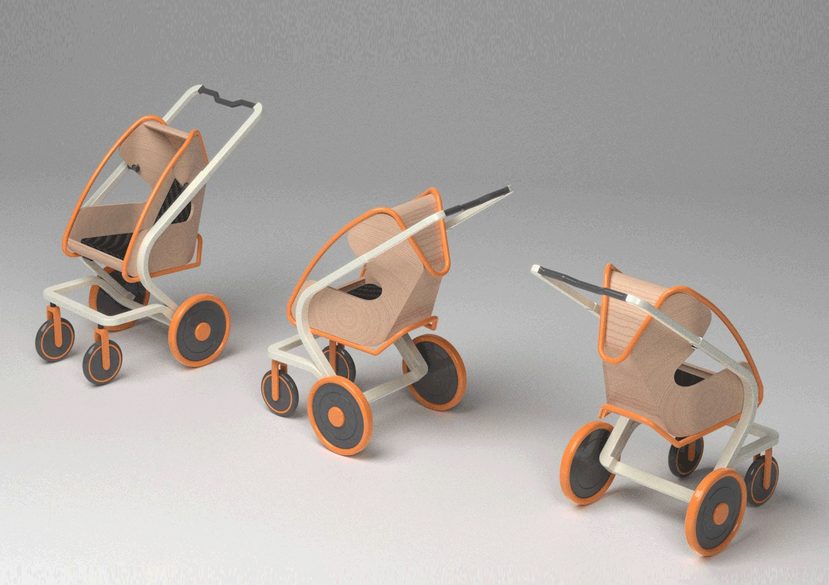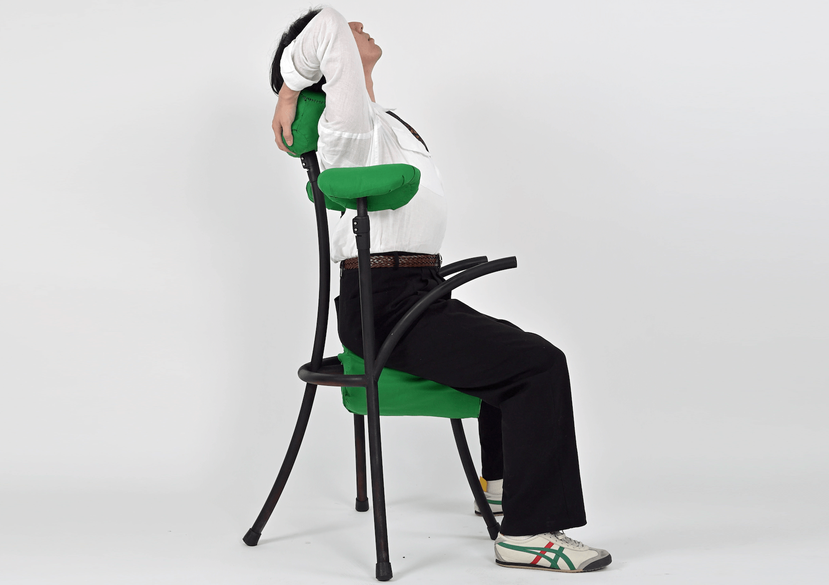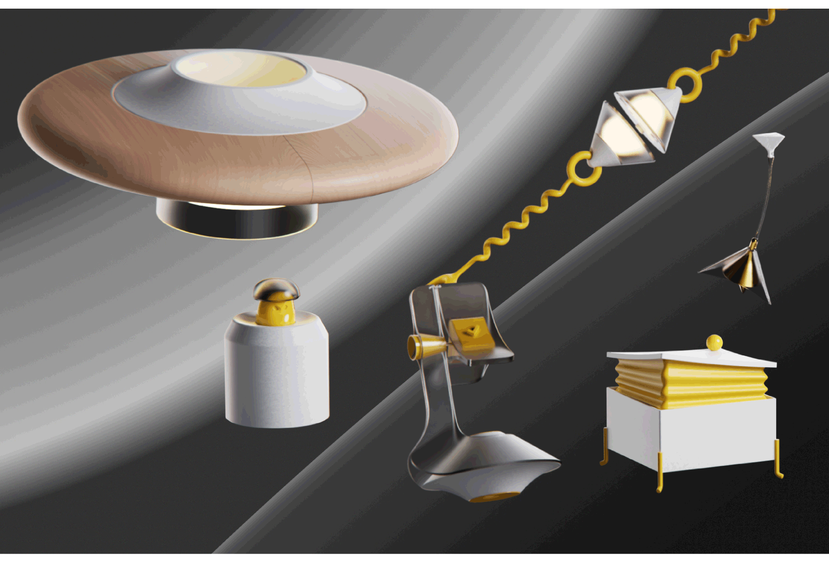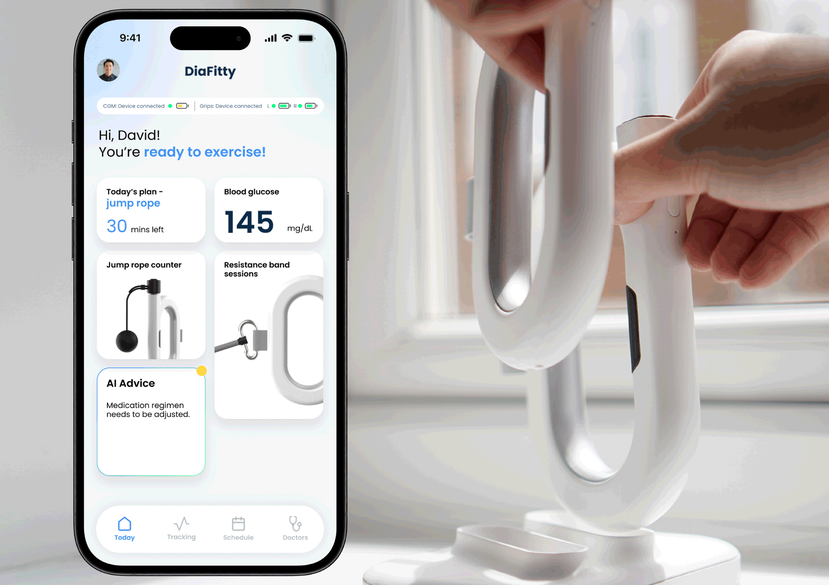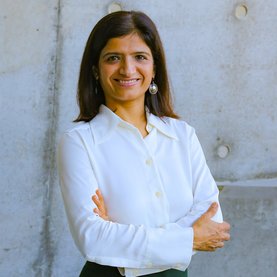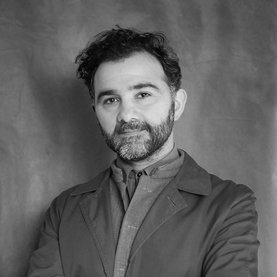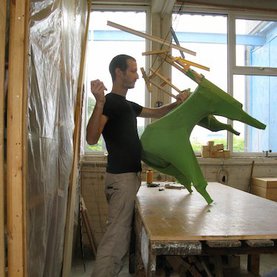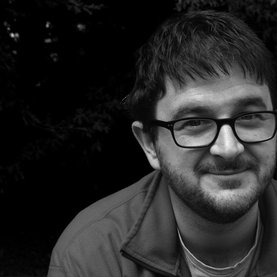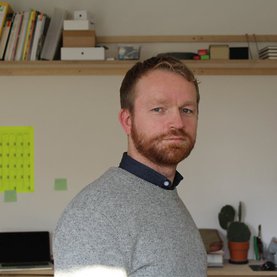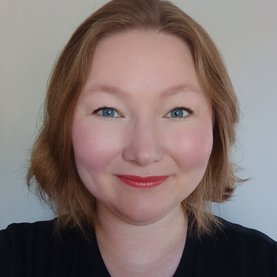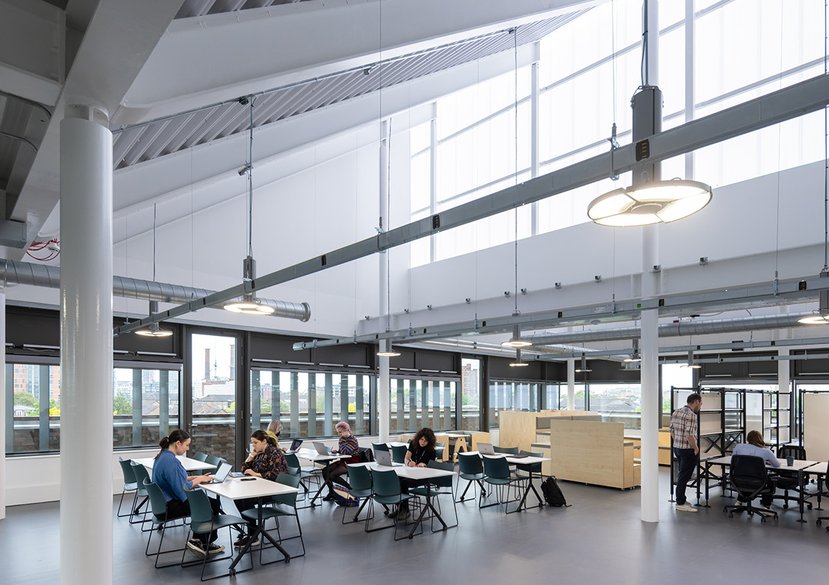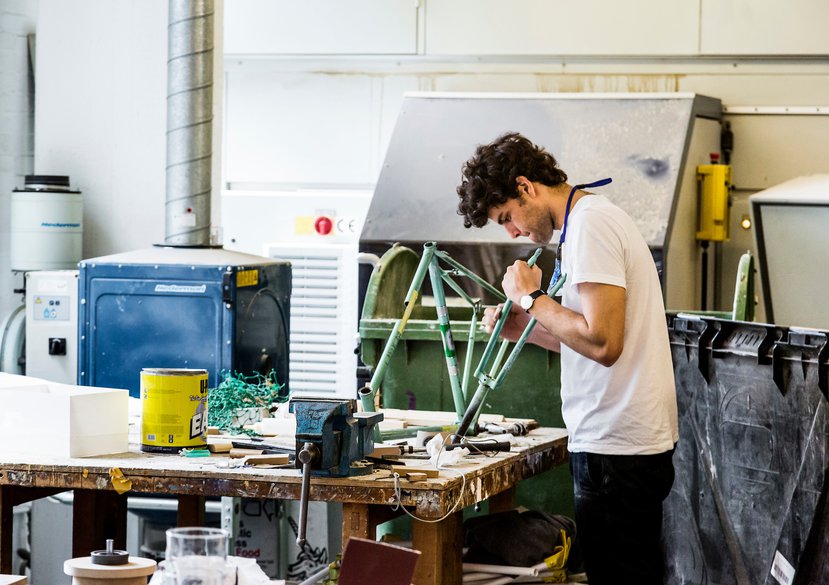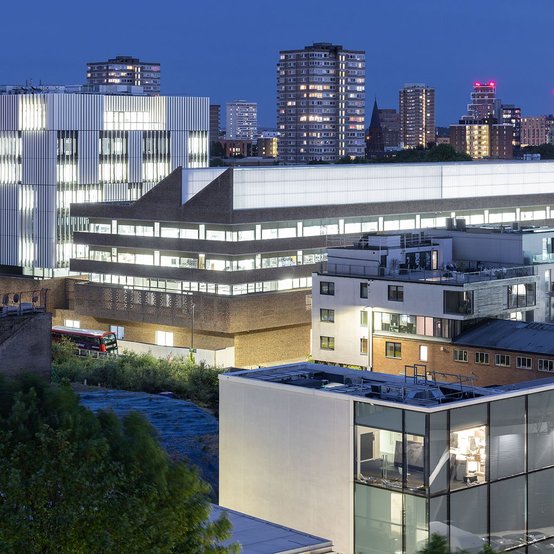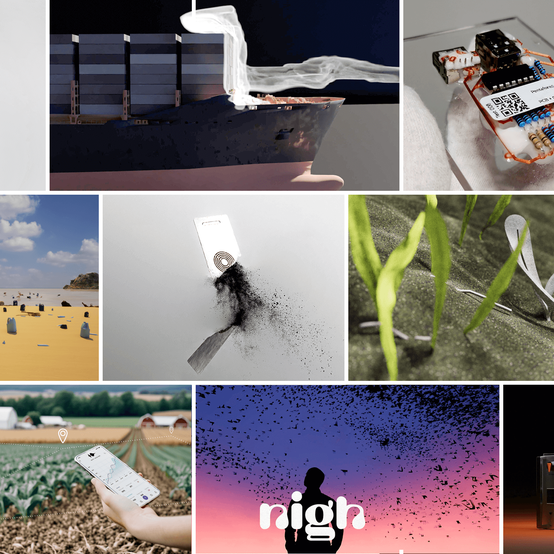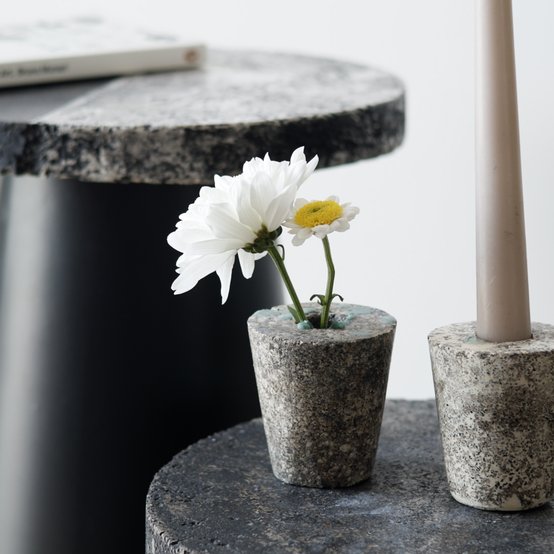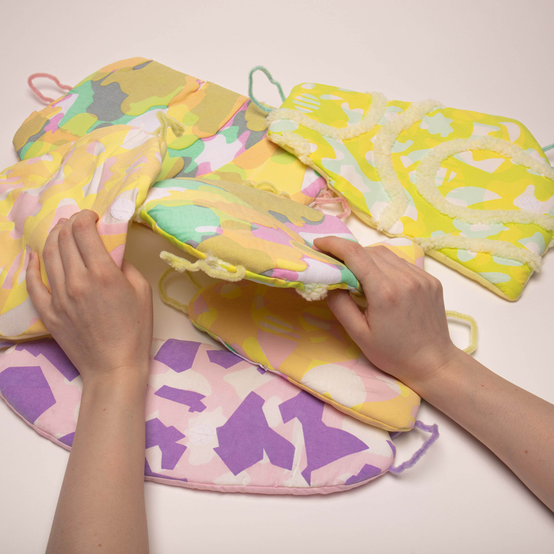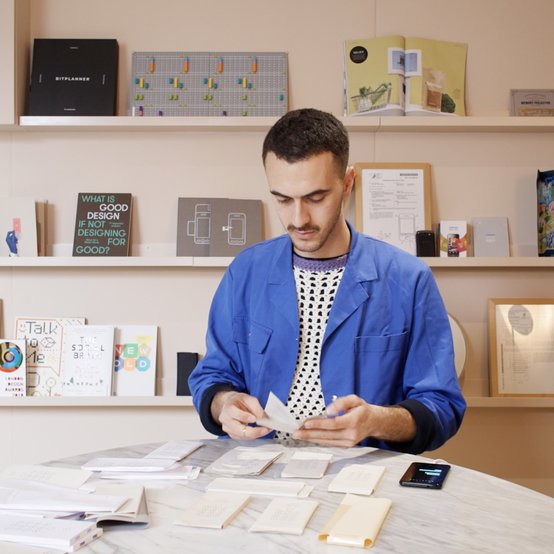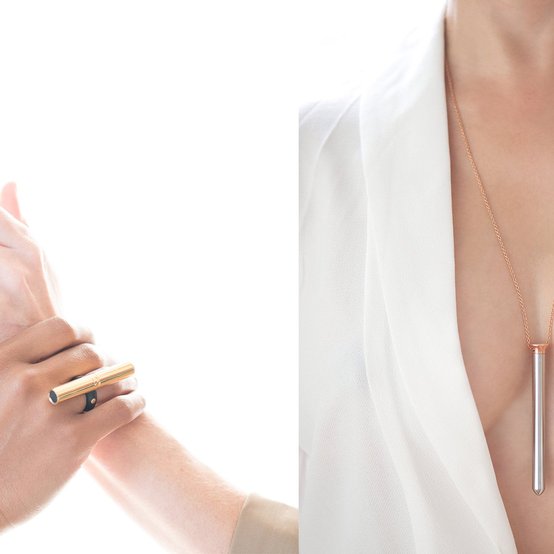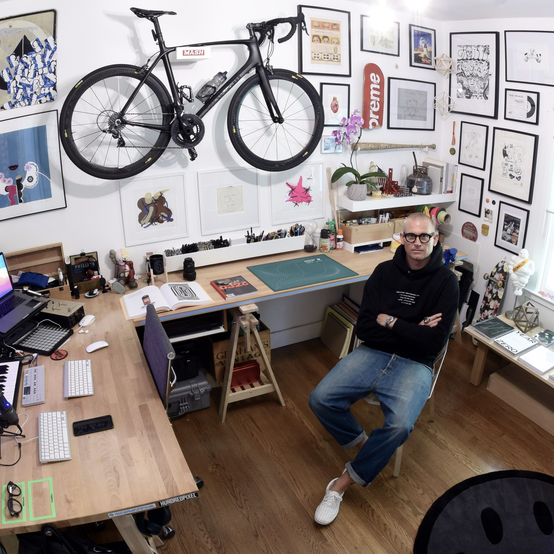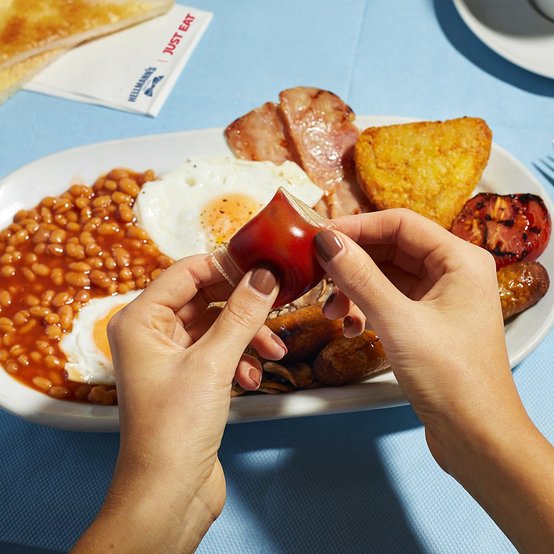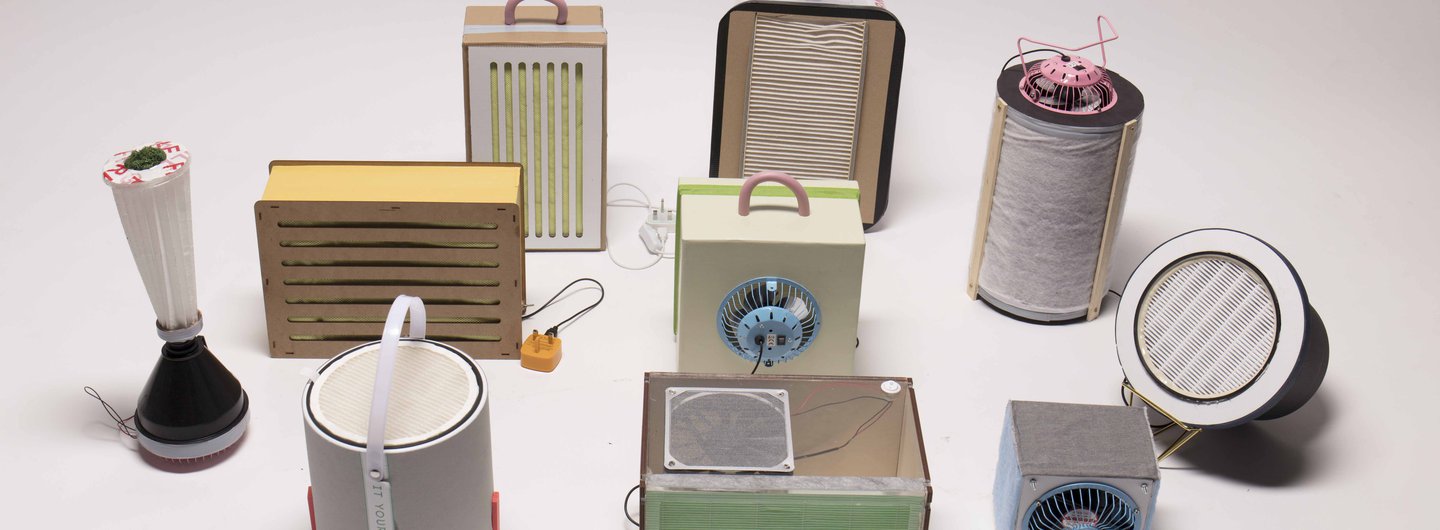
Overview
Design for a better world
Key details
- 180 credits
- 1 year / 45 week programme
- Full-time study
School or Centre
Current location
- Battersea
Next open event
- 6 May 2025
- Join next Online Q&A Week
Round 2 application deadline
- 30 Jun 2025
Career opportunities
- Graduates are creative catalysts and visionaries who go on to lead in design consultancies, join large established companies, and to set up their own design studios and start-ups. Our graduates are change makers driven by their vision of tackling and redefining industries.
Creating products with purpose
- Enjoy the freedom to explore ideas and experiment to find opportunities to use design to improve lives
- Experience studying in London, one of Europe's major design hubs
- Become part of a diverse community of RCA design products students who want to create change
Good products address issues. Innovative design enriches lives, serves a purpose and makes the world a better place. Studying MA Design Products at the RCA in the heart of London, you'll have the opportunity to explore your interests and create impact with your work.
We’ve designed this programme to explore new terrain for designing products and evolve your design disciplines and practices. We work with you exploring relevant themes, whether ecology and sustainability or behaviour and catalysts.
Measurable impact
In this programme you will expand upon your skills and expertise, learn to apply them across disciplines, and develop solutions to consequential human needs. We believe it’s important to measure impact whenever we’re working with start-ups, governments, or global agencies. To do this, we align our work with the United Nations Sustainable Development Goals and the design territory of products within systems.
Our alumni are all over the world, working in different areas of design. Maybe you’ll use your skills to design products. Or perhaps you’ll explore another area such as service design, physical computing or wearables.
During your time in Design Products you will develop the methods needed to be a thought leader in any direction your career takes you.
Catch the replays from our latest online Open Day.
Gallery
Staff
Facilities
The School of Design is based across our Battersea and Kensington sites.
View all facilitiesStudents have access to the College’s workshops, with traditional facilities for woodworking, metalworking, plastics and resins, including bookable bench spaces. Computer-driven subtractive milling equipment is available, as well as additive rapid prototyping.
Our alumni
Our alumni form an international network of creative individuals who have shaped and continue to shape the world. Click on each name to find out more.
Where will the RCA take you?More details on what you'll study.
Find out what you'll cover in this programme.
What you'll cover
How will I learn?
You will learn through a range of teaching typologies in each unit including briefing, critique, exhibition, group tutorial, individual tutorial, lectures, seminars, demonstrations, workshops, peer reviews and independent study. Each unit will comprise of one or more projects which will develop learning up to the assessment point.
We will formally assess learning once in each unit with a formative and summative assessment. A critique or demonstration will be used for either the formative or summative assessment with asynchronous assessment methods including explanatory short video, desktop display, portfolio, visual presentation, and demonstration used for the other assessment point. The formative assessment will provide you with feedback on the strengths and weaknesses of their work-to-date and recommend strategies for improving learning to enhance the outcome of the summative assessment.
You will submit work in a range of both digital and physical formats depending on the unit project briefs. Examples of submission formats include writing, videos, 2D drawings, sketches and diagrams to test rigs, proof of principle, demonstrators, simulations, prototypes or models.
Programme structure
The programme is delivered across three terms and includes a combination of programme, School and College units. Learning will develop during the programme through terms 1 and 2 via a series of short projects focusing on experimentation and developing a strong and adaptive personal creative process, building a portfolio of projects culminating in the independent research project in Term 3.
Term 1
In the first term we help you locate your own practice at the forefront of the design products landscape (Locating Practice). This is supported by enhancing research skills and identifying additional technical and intellectual skills to develop new and improved design methods and approaches connecting research and making.
Experimental Design allows you to expand the range and ambition of your design practice through various forms of experimentation to uncover new skills, methods and ideas. This unit covers a broad spectrum of experimentation from methods to materials, technology, making, manufacturing, futures, social and participatory.
Term 2
The second term engages with Advanced Practice by deepening your own creative methods and application based on programme ethos themes.
You will also collaborate with other School of Design programme disciplines in a team-based School-wide Grand Challenge tackling a major emerging strategic design issue. The aim of this unit is to connect and challenge all students in the School through the introduction of a ‘wicked’ design problem that requires a cross disciplinary approach to problem solving which may involve external international partners. This unit and lecture series has been hugely successful in connecting and disrupting disciplines, people, philosophies and approaches to design thinking whilst providing our student body with very unique networking opportunities.
There are also opportunities to take part in commercially sponsored projects in Terms 2 and 3, depending on availability.
Terms 1 and 2
Across Terms 1 and 2, you will participate in AcrossRCA (College-wide unit). This unit aims to support you to meet the challenges of a complex, uncertain and changing world by bringing you together to work collaboratively in cross-programme interdisciplinary teams. In your team you will develop a selfinitiated themed project, informed by expertise within and beyond the College. These projects will challenge you to collectively use your intellect and imagination to address key cultural, social, environmental and economic challenges. In doing so, you will develop and reflect on the abilities required to translate knowledge into action, and help demonstrate the contribution that the creative arts can make to our understanding and experience of the world.
Term 3
In the third term you will synthesise learning from Terms 1 and 2 by independently developing, managing and delivering a high-resolution Design Products project (Independent Research Project). The emphasis here is showing how you have brought together skills, learning and design practices from across Terms 1 and 2 to design and deliver a project that sits at the forefront of the design products landscape and enables the delivery of a design discourse that argues for the new design space within which it sits.
The Independent Research Project (IRP) will be delivered through a supervision model, and it is expected that students will spend the majority of their time on personal study and making. You will be expected to develop an initial major project proposal and refine this, based on learning and experiences throughout Terms 1 and 2. The project will then be supported by targeted strategic supervisions from lecturers and support from technical resources.
This MA is delivered over 45 weeks.
AcrossRCA
AcrossRCA is a compulsory 30-credit unit which is delivered as part of all MA programmes.
Situated at the core of your RCA experience, this ambitious interdisciplinary College-wide unit supports you in responding to the challenges of complex, uncertain and changing physical and digital worlds. Developed in response to student feedback, AcrossRCA creates an exciting opportunity for you to collaborate meaningfully across programmes.
Challenging you to use your imagination and intellect to respond to urgent contemporary themes, this ambitious unit will provide you with the opportunity to:
- make connections across disciplines
- think critically about your creative practice
- develop creative networks within and beyond the College
- generate innovative responses to complex problems
- reflect on how to propose ideas for positive change in local and/or global contexts
AcrossRCA launches with a series of presentations and panel discussions from acclaimed speakers who will introduce the themes and act as inspirational starting points for your collaborative team response.
Delivered online and in-person across two terms, the unit has been designed to complement your disciplinary studies and to provide you with a platform to thrive beyond graduation.
Requirements
What you need to know before you apply
Candidates are selected entirely on merit and applications are welcomed from all over the world. The selection process considers creativity, imagination and innovation as demonstrated in your portfolio, as well as your potential to benefit from the programme and to achieve high MA standards overall.
For MA Design Products, you should have a good undergraduate degree or equivalent in an area of design, or related background and proficient written and spoken English. Several years of professional experience, either before or after a first degree, is a benefit, and you must be able to demonstrate critical and innovative thinking, a design curiosity and the ability to thrive in student led projects.
Applications are welcomed from candidates from related backgrounds, such as engineering, architecture, communication, sports science, medical/health, international development/NGO, economics/business, material science, technology development and user experience.
What's needed from you
Portfolio requirements
We are looking for people from all backgrounds who are interested in using design to solve problems and enrich lives. Use your portfolio to highlight your work and skills. We especially want to understand your thinking process, how to you frame problems and tackle them, how you measure success and learn from challenges.
- Portfolio (required)
We want to see the depth and quality of your work, especially your approach to design work, interests, and ambitions.
Pick your best projects to include that highlight your technical skills and design thinking process.
- Communicate the story of each project: the motivations, specific design problems, how you solved them, what you learned through testing/iteration
- Highlight challenges or failures and how they were addressed
- Works in progress may be included
- Works that has been deployed in public (to real-world/places/people) is especially valuable
- Clearly identify your role and specific contributions when including group projects
- Any kind of project is acceptable. Even from a non 'design' field, tell us about it as outlined above
- Research/Project agenda (required)
Tell us about your specific research plans. What is your area of interest within the field of design and what types of problems do you want to pursue while in the programme?
It should be:
- 600–800 words, submitted in pdf format
- Propose a research question that you are interested in exploring through the Design Products programme
- Define your motivation and the significance (i.e., what is the potential benefit) of the problem you would like to investigate
- Provide some referenced background describing how the problem is grounded in the field of design (i.e., what has been done in the past and why the issue you are interested in currently exists)
- Your Interests (optional)
Tell us about any other interests or activities you take part in: anything else that informs your interests, how you view the world, and helps to enrich your process and learning.
Do you:
- work in a lab, maker space, or participate in a technical club/group?
- collect interesting things?
- travel extensively?
- regularly visit exhibitions/museums?
Personal statement
Please provide a 300-word written personal statement that addresses the following points:
- Introduce yourself, your interests and your motivations for applying to the Royal College of Art, and to this programme in particular.
- Briefly summarise any educational background and professional experience to date that will support your application.
- Tell us what you want to do in the future.
Video requirements
You must submit a video of no more than two minutes as part of the application process.
We would like you to pick a ‘designed work’ and create a video reflecting on:
- how was it successful or influential
- what are the positive and negative attributes about how it was used/applied
- how would you improve or re-do the design if you could
This can be an example of your own work or something in the public domain. Use this to articulate your view on the role that design can play in impacting the world
English-language requirements
If you are not a national of a majority English-speaking country you will need the equivalent of an IELTS Academic or UKVI score of 6.5 with a 6.0 in the Test of Written English (TWE) and at least 5.5 in other skills. Students achieving a grade of at least 6.0, with a grade of 5.5 in the Test of Written English, may be eligible to take the College’s English for Academic Purposes course to enable them to reach the required standard.
You are exempt from this requirement if you have received a 2.1 degree or above from a university in a majority English-speaking nation within the last five years.
If you need a Student Visa to study at the RCA, you will also need to meet the Home Office’s minimum requirements for entry clearance.
Fees & funding
For this programme
Fees for new students
Fees for September 2025 entry on this programme are outlined below. From 2021 onward, EU students are classified as Overseas for tuition fee purposes.
Home
Overseas and EU
Deposit
New entrants to the College will be required to pay a non-refundable deposit in order to secure their place. This will be offset against the tuition fees.
Home
Overseas and EU
Progression discount
For alumni and students who have completed an RCA Graduate Diploma and progress onto an RCA MA programme, a progression discount of £1,000 is available.
* Total cost is based on the assumption that the programme is completed in the timeframe stated in the programme details. Additional study time may incur additional charges.
Scholarships
Scholarships
The RCA scholarship programme is growing, with hundreds of financial awards planned for the 2025/6 academic year.
For more information and examples of financial awards offered in 2024/25, visit the Scholarships & awards webpage.
You must hold an offer to study on an RCA programme in order to make a scholarship application in Spring 2025. A selection of RCA merit scholarships will also be awarded with programme offers.
We strongly recommend that you apply for your programme as early as possible to stand the best chance of receiving a scholarship. You do not apply directly for individual awards; instead, you will be invited to apply once you have received an offer.
More information
Additional fees
In addition to your programme fees, please be aware that you may incur other additional costs associated with your study during your time at RCA. Additional costs can include purchases and services (without limitation): costs related to the purchase of books, paints, textiles, wood, metal, plastics and/or other materials in connection with your programme, services related to the use of printing and photocopying, lasercutting, 3D printing and CNC. Costs related to attending compulsory field trips, joining student and sport societies, and your Convocation (graduation) ceremony.
If you wish to find out more about what type of additional costs you may incur while studying on your programme, please contact the Head of your Programme to discuss or ask at an online or in person Open Day.
We provide the RCASHOP online, and at our Kensington and Battersea Campuses – this is open to students and staff of the Royal College of Art only to provide paid for materials to support your studies.
We also provide support to our students who require financial assistance whilst studying, including a dedicated Materials Fund.
External funding
There are many funding sources, with some students securing scholarships and others saving money from working. It is impossible to list all the potential funding sources; however, the following information could be useful.
Payments
Tuition fees are due on the first day of the academic year and students are sent an invoice prior to beginning their studies. Payments can be made in advance, on registration or in two instalments.
Start your application
Change your life and be here in 2025. Applications now open.
The Royal College of Art welcomes applicants from all over the world.
Before you begin
Make sure you've read and understood the entrance requirements and key dates.
More information about eligibility and key datesCheck you have all the information you need to apply. Choose the programme you want to apply to and review programme-specific entrance and portfolio requirements on the programme page.
Read our application process guideConsider attending an Open Day, or one of our portfolio or application advice sessions.
See upcoming sessionsPlease note, all applications must be submitted by 12 noon on the given deadline.
Ask a question
Get in touch if you’d like to find out more or have any questions.

